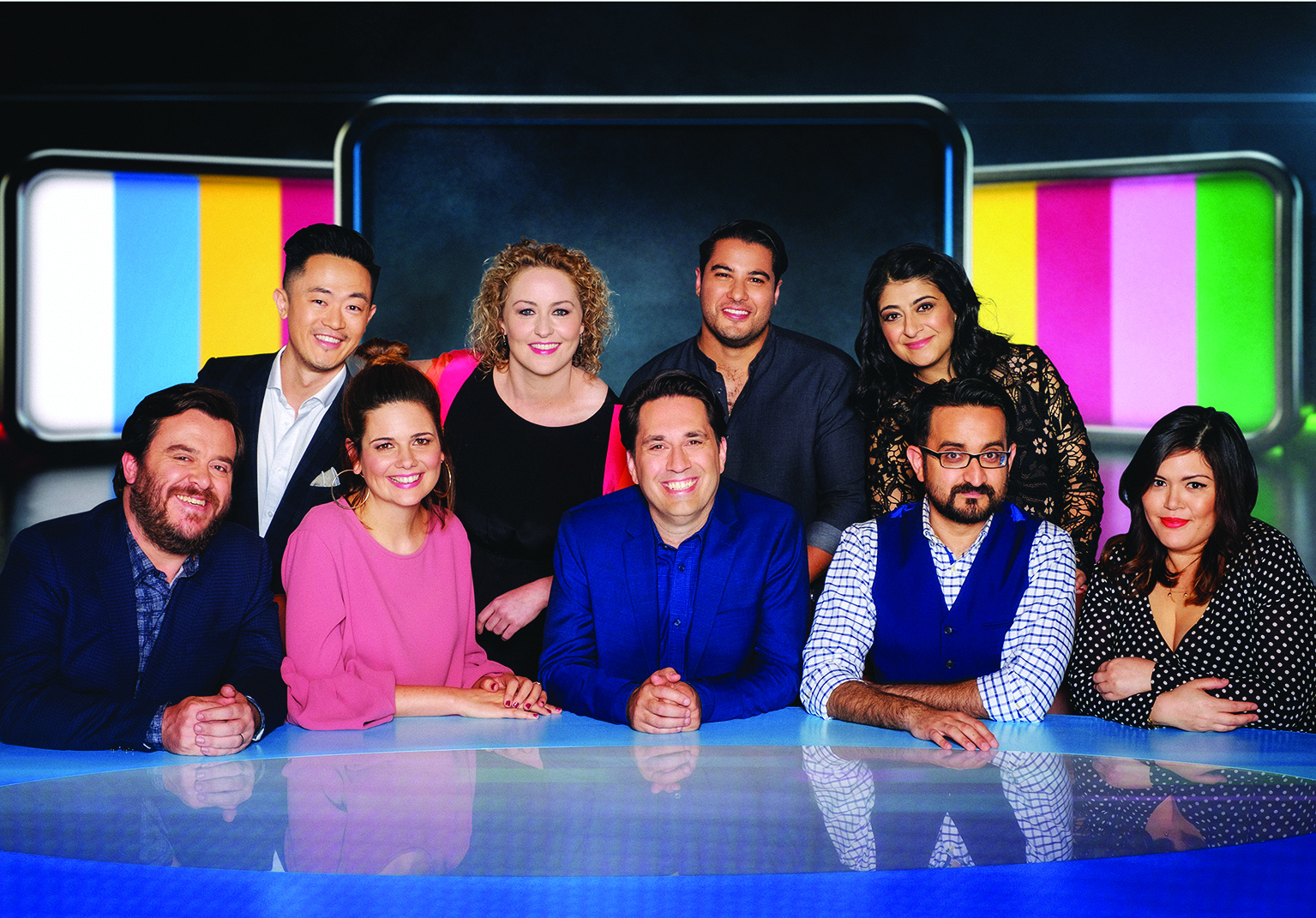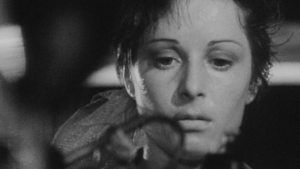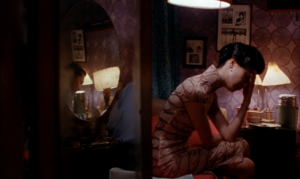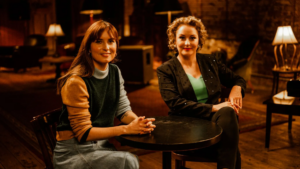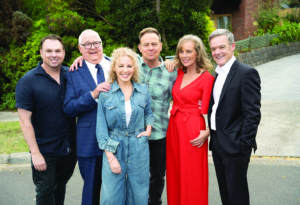It’s been three years since David Stratton and Margaret Pomeranz farewelled the nation with the final episode of their iconic weekly film-review show, At the Movies. Aired on 9 December 2014, this episode was watched by a metropolitan viewing audience of 726,000 – a testament to the popularity of these illustrious critics who had spent nearly three decades duelling amiably about new-release films. They covered everything from international blockbusters and European arthouse fare, to low-budget Australian features and documentaries. It’s for this latter category – Australian cinema – that Stratton and Pomeranz are most sorely missed, for nothing new has filled the gap in connecting a local viewing audience with the films that are ostensibly made for it.
In our small (and potentially insular) industry, the relationship between reviewers and films has always been a tricky one. Issues of impartiality are always up for discussion – whether it be a case of a critic infected with severe cultural cringe and thus seeming too tough on their compatriots, or of being overly generous to local films and thus ‘going soft’ on them. Both of these criticisms were levelled at Stratton and Pomeranz at various times, but one thing they were never accused of was ignoring Australian cinema. Even filmmaker Greg McLean – whose Wolf Creek 2 (2013) they refused to review, if widespread media reports are to be believed – had only praise when they retired, calling them ‘a genuinely important part of the cultural landscape of cinema in Australia’.
In the years since At the Movies finished up, there have been many rumours of a replacement, with whispers of young, telegenic film critics from around the country being flown to Sydney to audition and test out their screen chemistry. Finally, in October 2017, the ABC broadcast the first episode of its new review program Screen Time, a ten-part half-hour panel show covering not only film, but also television and web content. During this episode, the host, The Chaser’s Chris Taylor, promised that he and his co-presenters would ‘wad[e] through the swamp [of content] to work out what’s worth your time’. Accompanying him during the show’s premiere were author Benjamin Law, Triple J broadcaster Zan Rowe, comedian Sami Shah and journalist Sophie Black.
But where were the film critics? Admittedly, Rowe – a music critic – also talks about films on radio, and later episodes throw film critic Marc Fennell into the mix. But, with comedy-newsman Taylor at the helm and a panel of broadly defined writers and cultural commentators, Screen Time was clearly sending the message that it was not to be considered a platform for traditional film and television review coverage.
It’s unfair to compare a new show, one just finding its feet, with an institution that had decades to build its audience and credibility – especially given part of that time came before the fragmentation of audiences that we see today. Indeed, Taylor himself told Daily Review that ‘the way people watch and what we watch nowadays is very different to when David and Margaret were on air’. He added that he didn’t expect his show to have the same kind of influence as that of the famous pair, instead considering it more akin to ‘a conversation […] in [the public’s] own homes or workplaces or barbecues’.
Clearly modelled on the ABC’s popular and informative panel show The Gruen Transfer, Screen Time has little of that show’s insider expertise or depth, but retains its insistence on humour at all times (complete with an accompanying laugh track). In the first episode, the Screen Time panel discussed the newly released film Blade Runner 2049 (Denis Villeneuve, 2017); whenever conversation turned serious and analytical, Taylor quickly brought it back to jokes and to a discussion of the box-office success or failure of sequels. This was followed by a comic clip asking the question, ‘How would the Bachelorette, Sophie Monk, fare in the world of Jane Austen?’ Monk’s face was amusingly transposed onto scenes from the BBC series Pride and Prejudice, her broad nasal accent and self-confessed ‘potty mouth’ at odds with Colin Firth’s restraint as Mr Darcy. Other segments included a clip of the top five ‘most ludicrous sex scenes’ in movies and, finally, each panellist was asked for a quick recommendation. In the only mention of a local film, Benjamin Law spent several seconds praising the Muslim-themed Australian romantic comedy Ali’s Wedding (Jeffrey Walker, 2017). It would have been nice to hear more.
The ABC and SBS have long struggled to produce television shows that give coverage to the arts in Australia and thus meet their cultural charters as public broadcasters, while also rating highly enough to justify the expenses involved in creating such shows. In hindsight, Screen Time will likely be seen as another example of a program that didn’t work as serious criticism but didn’t rate well as popular entertainment, either. This means it will be even more difficult to argue the case for well-funded new shows covering screen-content territory. This is unfortunate, because the ongoing crisis in mainstream film and television reviewing – along with the explosion in screen content – means that now, more than ever, we need fun, smart coverage and analysis to inform Australian viewers about the screen productions available to them.
